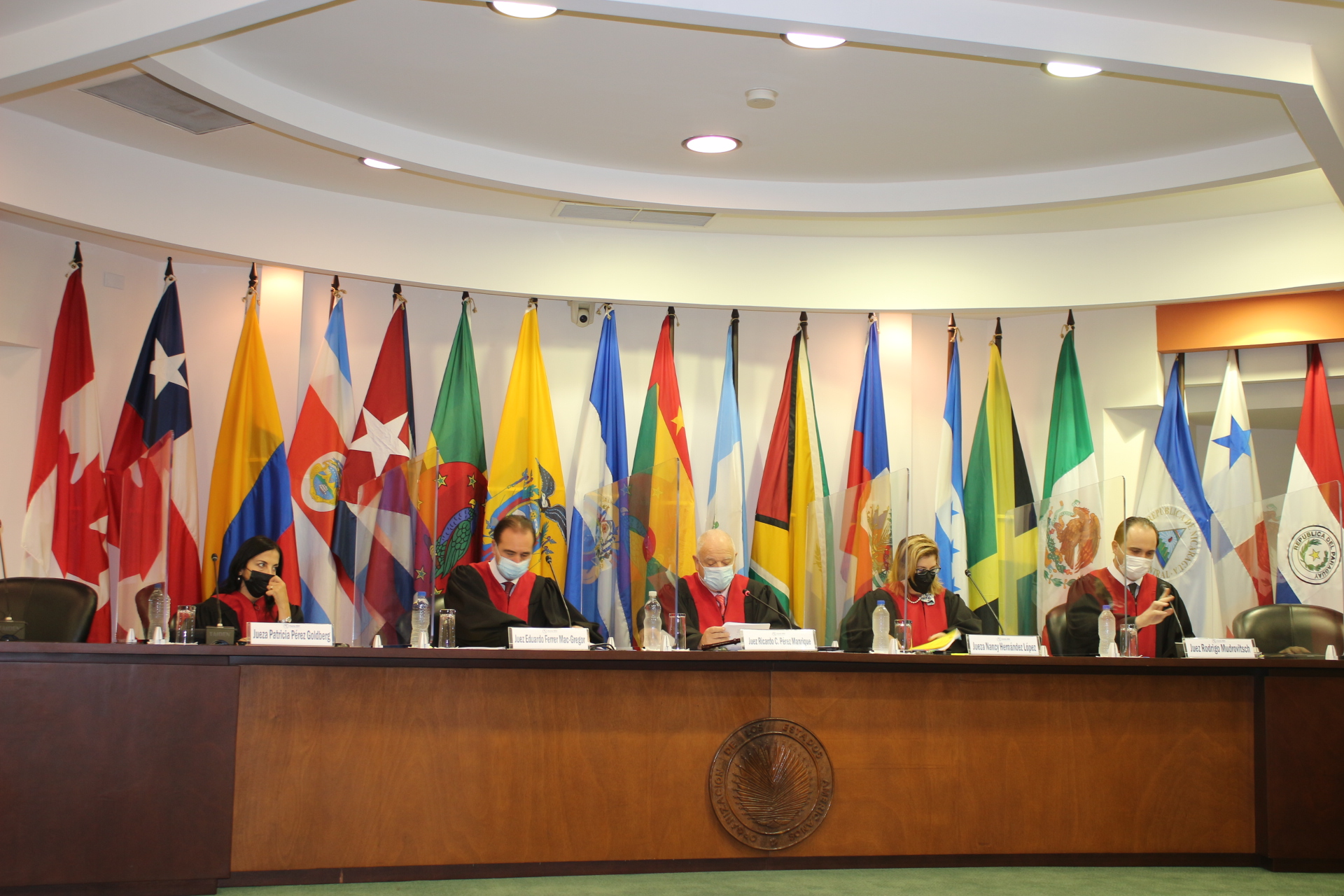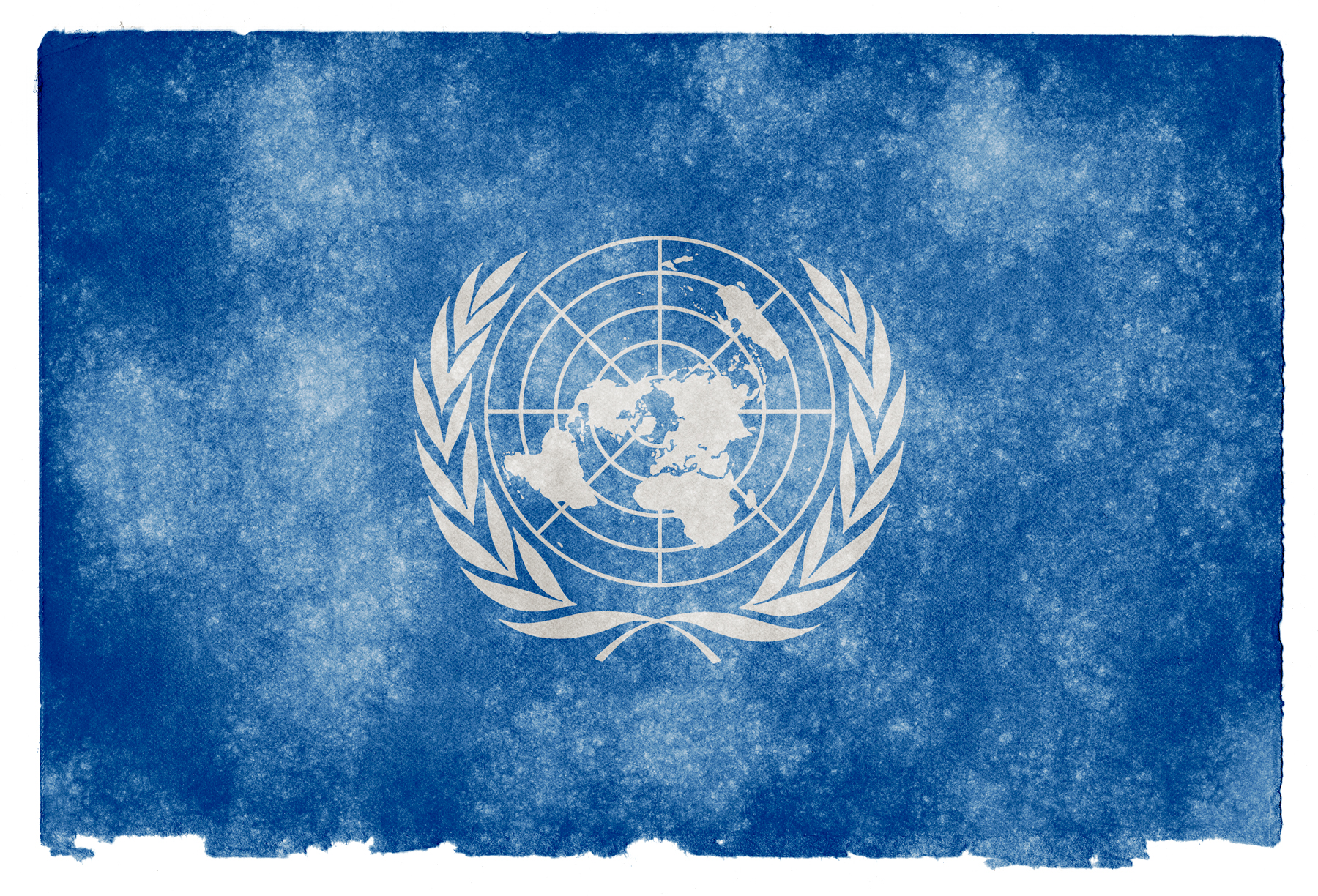On 26 January 2022, ISHR was part of the expert panel during the launch of the World Benchmarking Alliance (WBA)’s latest report. The WBA develops benchmarks that measure and incentivise businesses’ journey towards a socially responsible and sustainable model in line with the UN 2030 Sustainable Development Goals. The results of the 1,000 most influential global companies are deeply concerning.
WBA’s framework maps and measures companies’ responsibility to respect human rights, their role in providing and promoting decent work, and their ethical conduct in areas such as lobbying and taxation in multiple sectors, including food and agriculture, technology and heavy industries, such as oil and gas, automotive and electric utilities.
A concerning outlook on responsible business implementation
The findings are grievous: 99% of the world’s most influential companies fail to demonstrate the fundamentals of socially responsible business conduct. Worryingly, on the human rights front, the study finds that “over three quarters (78%) of the 1,000 companies scored zero on all three human rights due diligence indicators, failing to show they can understand and manage their social risks and impacts.” While 55% of companies are publicly “committed to respecting human rights”, less than half of these demonstrate that respect through tangible actions.
While these results are highly disappointing, they also provide opportunity for action. There is an undeniable growing trend and demand for products and services that are respectful of people and the planet. Companies, either forced by consumers, investors or regulators, will be required to incorporate human rights due diligence and other responsible business practices into their operations. Current and upcoming legislation, either at the national or regional level, and market forces will push companies in this direction.
Walking the talk: a journey towards human rights due diligence
Those companies that do not understand their impact in the society that surrounds their operations will lag behind and face systemic risks. Threats to civic freedoms, human rights defenders, and inequality ultimately affect companies and investors, as a shared civic space for sustainable development shrinks. As pointed out by James Gomme from the World Business Council for Sustainable Development, companies should therefore stop considering responsible business conduct as a buffet of measures, often leaving out the “social” part, and integrate them into the wider operational business framework.

© Photo: World Benchmarking Alliance
Companies should act and be transparent in their journey towards human rights due diligence. They should build capacity internally, embedding and linking those working on human rights issues within companies with the operational parts in their internal structures. “Be more transparent and humble in your journey towards human rights due diligence; everyone is at a different stage in the journey. Map civil society actors, engage, consult them and include them in your processes”, advised Andrés Zaragoza, from ISHR.
Tara Van Ho, Senior Lecturer at the University of Essex Human Rights Center, insisted on the need for mandatory human rights due diligence regulations and the use of indicators, such as the ones from the WBA, within regulations and monitoring mechanisms. “Investors can and should be braver with social issues”, said Aviva Investors’ Impact Specialist, Vaidehee Sachdev. She asserted that investors should use the tools at their disposal in this regard.
Coalitions for action and change: leveraging power in advocacy, policy, regulation and investment
The WBA launched the Collective Impact Coalitions in 2021, with the goal of advancing meaningful solutions for individual company and systemic change. To move the needle faster, different stakeholder groups will need to coordinate their actions and drive transformation together. ISHR will work at the vanguard of WBA’s coalitions for change, a first step of a hopefully disruptively positive change-maker mechanism.





